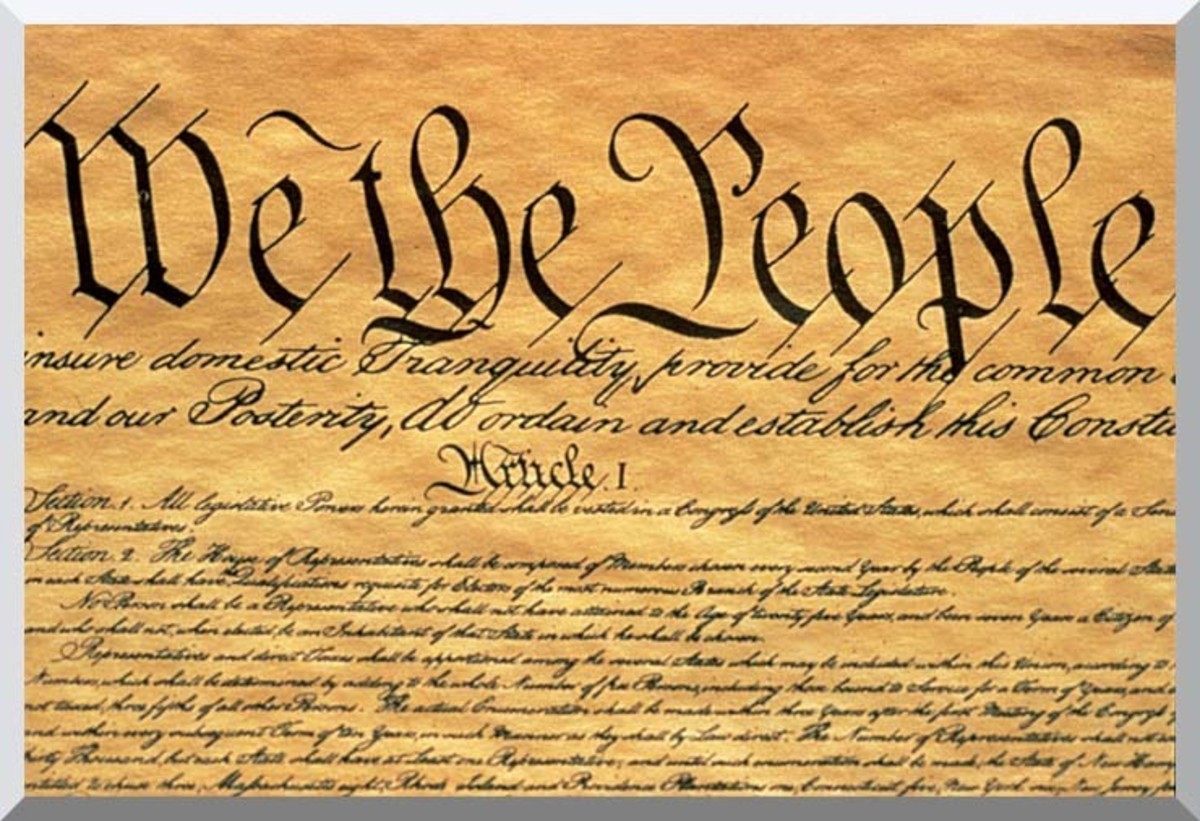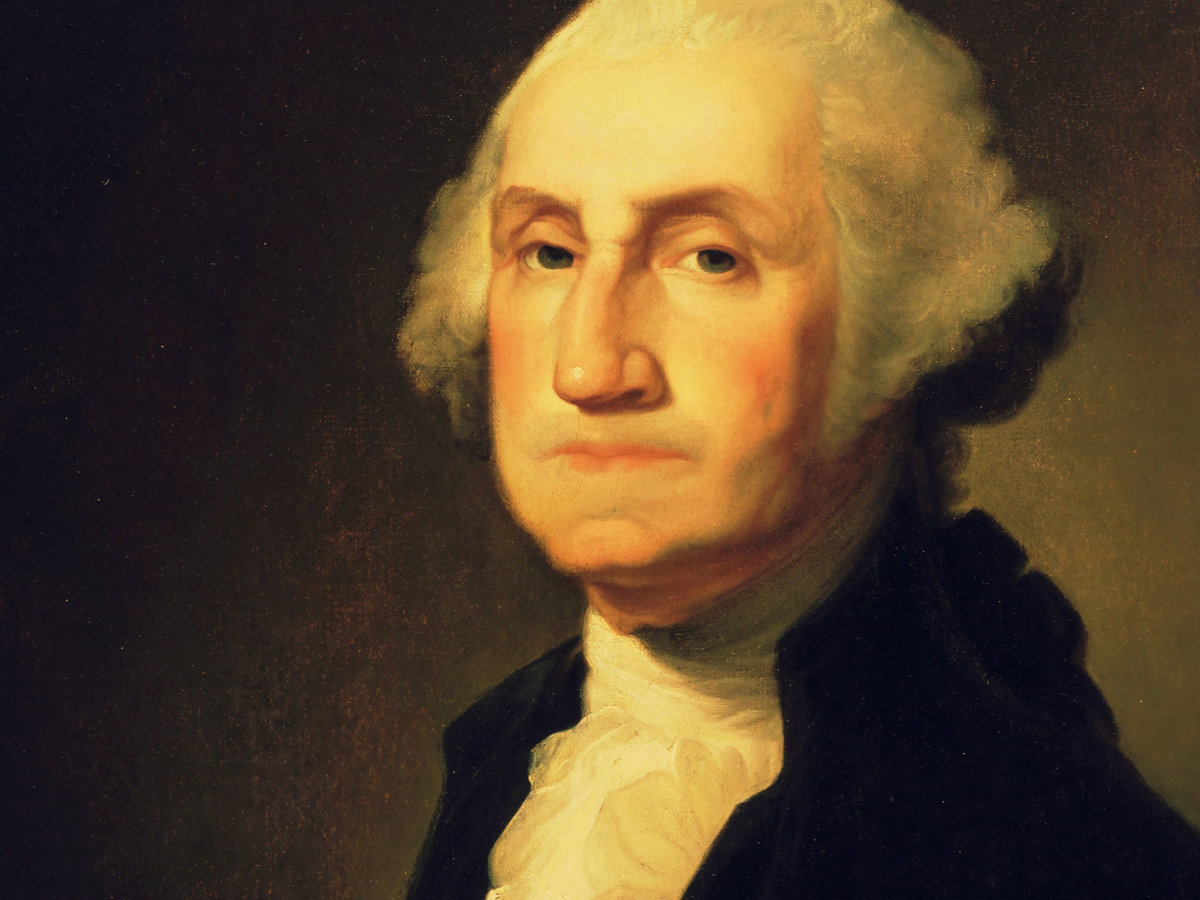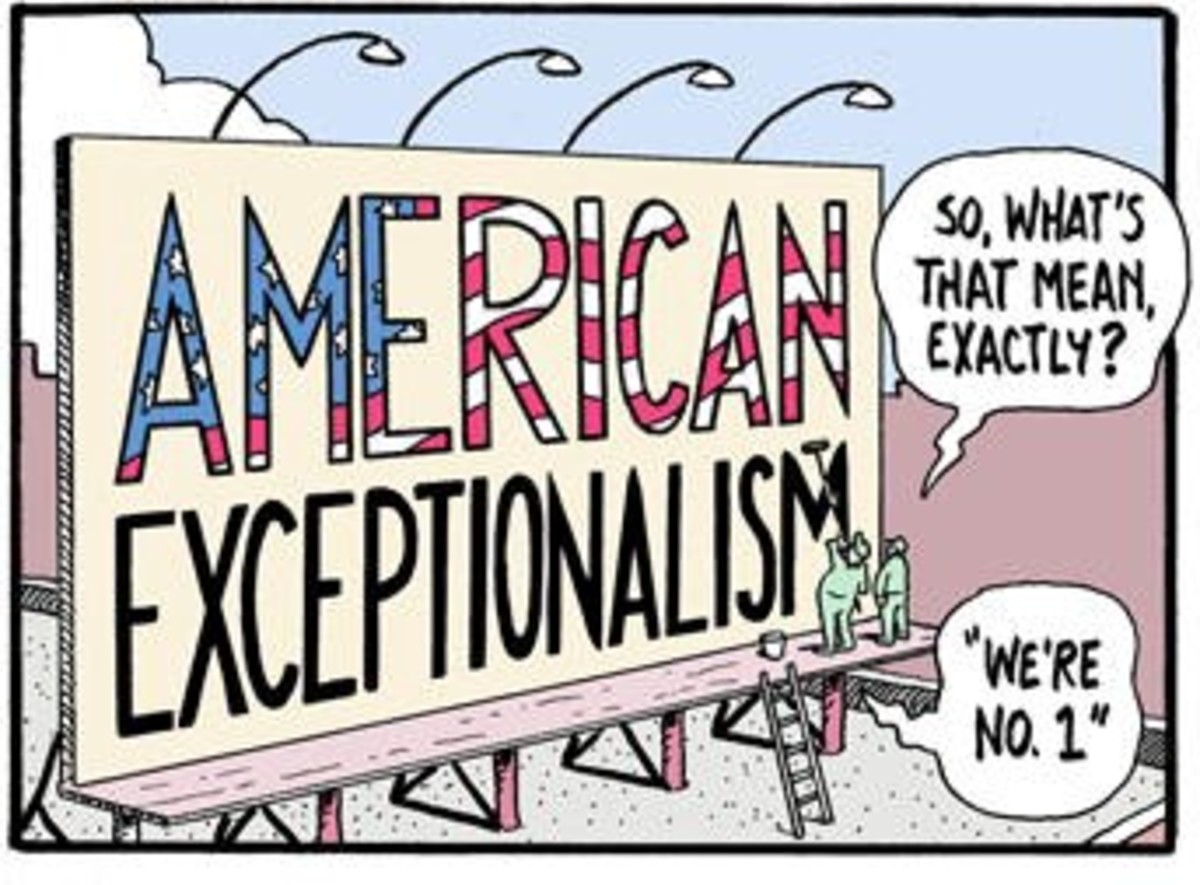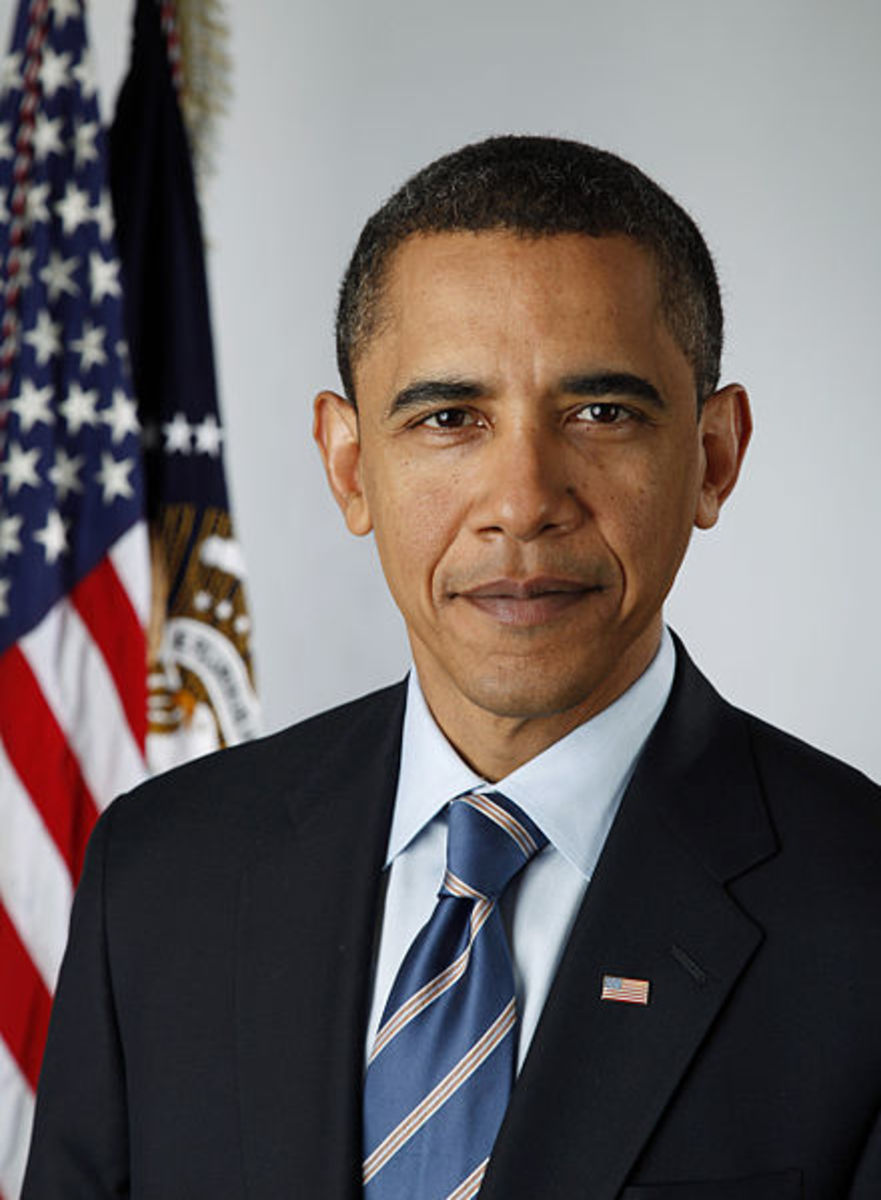"A Nation Like No Other" by Newt Gingrich - A Review
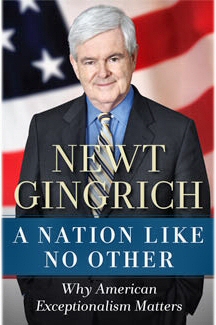
In the early 1980s, I was living just outside Washington, DC working for the Department of Defense. Ronald Reagan had just been elected president and, as a person of conservative bent, I was excited and wanted to get involved in the “Reagan revolution.” As a civil servant, however, I was constrained by the Hatch Act from participating in partisan political activities, so I started looking for another job -- on Capitol Hill. I found out it takes knowing somebody -- and a lot of luck -- to land a job as a Senate or House staffer. On the other hand, I met quite a few people and got invited to seminars on various subjects. At one of these seminars I heard a young congressman from Georgia speak and I was very impressed. His name was Newt Gingrich.
I followed Newt’s career over the years and was thrilled when he led the GOP to victory in the House in 1994 and became Speaker. I was less than thrilled when he resigned a few years later, a victim of his own ambition. Nevertheless, I believed (and continue to believe) he is a great thinker and one of the most intelligent men in US political history. (I have said more than once that, had he been around in the late 1700s, his face would likely be on Mount Rushmore.) Recently I read his new book, A Nation Like No Other, subtitled “Why American Exceptionalism Matters.” A quote from the introduction appears on the back of the book jacket:
“Belief in American Exceptionalism leads inevitably to a smaller, more effective, accountable, and limited government. The American revolutionaries did not shed their blood for the welfare state; nor did they aim to replace the arbitrary rule of King George and his ‘multitude of New Offices’ and ‘swarms of Officers,’ as stated in the Declaration of Independence, with their own oppressive bureaucracy. Instead, they fought for individual liberty -- and that made America an exception among all nations.”
Gingrich contends the United States of America is not like any nation the world has ever seen. At the same time, we are in danger of losing that very quality. Our current president represents the notion of the political left in this country that America is no better than any other nation and that, in the twentieth century, America became a “bully,” trying to force our political system on others whether they want it or not. (I’m sure many of you reading this remember President Obama’s “apology tour” at the beginning of his term.) Gingrich maintains we must revert to the principles that “our Founding Fathers enshrined to make this a nation of the people, by the people, and for the people.”
To this end, the book consists of three parts: Part 1, “Remembering Who We Are,” is a recap of the fundamental ideas of the Declaration of Independence, which make up what he calls “The American Creed.” Inherent in this is the idea that the rights of men are “endowed by their Creator,” and, as Gingrich puts it, “That order of justice requires all men and women to honor each other’s natural rights, because these rights are an unalienable endowment from the Almighty.” This idea that our natural rights come from God is fundamental to Gingrich’s view of American Exceptionalism, and that view is under attack. He contends (and I agree) that the practice of religion in America has been largely marginalized by activist judges who legislate from the bench and from the ubiquitous “political correctness police” who seem to be under every rock and behind every tree. (One only has to consider the recent “controversy” over saying things like “Merry Christmas” in public to see this unfortunate tendency in action.) Part 1 continues with a chapter on the “habits of liberty” which must be maintained today to keep America as an exceptional nation:
Faith and family
Work
Civil society
Rule of law
Safety and peace
Part II defines American Exceptionalism starting with the attack on faith and family, focusing on the commitment of the Founding Fathers on faith, specifically Christianity:
He contends the Founders believed in a government grounded in the “principles of individual sovereignty and free will, which begin with freedom of conscience and religious liberty” yet they eschewed the encroachment on religious belief which a state-sponsored religion would entail. Newt continues with a discussion on the assault on the traditional family from the proponents of gay marriage, polygamy, etc. The next four chapters of Part II focus on the other four “habits,” work, civil society, the rule of law, and safety and peace. Of note in the last chapter is the discussion of the reluctance of the Obama administration (and the left in general) to name our enemies, specifically radical Islamists, preferring to use euphemisms in order not to “offend” anybody. As far as Gingrich is concerned, this is not leadership.
The last part is called “America Rising,” focusing on the restoration of American Exceptionalism, focusing on the ergonomic and moral “collapse of the big government welfare state:”
“Our current governing model is simply proving too slow, too expensive,
and too destructive of the core habits of success that have made America
exceptional for the past 400 years.”
All this reviewer can say to that is “amen!” Gingrich then proposes ten steps to restore American Exceptionalism:
1. Learn about American history, exceptional Americans, and America’s founding principles
2. Speak out
3. Question government authority at every level
4. Teach the children around you
5. Insist on schools that teach responsibility and fundamentals of American citizenship
6. Defeat and replace bad judges
7. Reestablish the work ethic
8. Celebrate American holidays
9. Volunteer in your community
10. Run for office
Needless to say, he expounds on each step, and follows these steps up with proposals for a simplified tax system, an American energy plan, welfare reform, and an alternative to social security. Nobody has ever said Newt Gingrich wasn’t a “big” thinker! After a chapter on some examples of “ordinary Americans (who) stood up for their rights and beliefs against powerful opponents.” (Example: the fight against radical secularists to remove the expression “In God We Trust” from the visitor center in the US Capitol in Washington DC.)
Gingrich concludes the book with a chapter focusing on what America may look like in ten years, based on whether “we will continue as an exceptional nation or follow a path of decline and fade into mediocrity, inadequacy, and failure.” The question he poses is this: can the twenty-first century become a new American century? He ends with what sounds like a campaign slogan: “The fight to renew America begins in 2012. I ask you to join us in this effort to restore America as a nation like no other.”
I don’t know if Newt Gingrich is going to win the Republican nomination. Nor do I know if he could defeat Barack Obama if he did get the nomination. What I do know is, regardless of how you may feel about its author, this is an important book and that belongs on the reading list of every American concerned with the future this nation, our exceptional United States of America.
Other Works
Newt's book, others he's written, and other items by Newt and his wife can be purchased here:
http://www.gingrichproductions.com/shop/products.html

